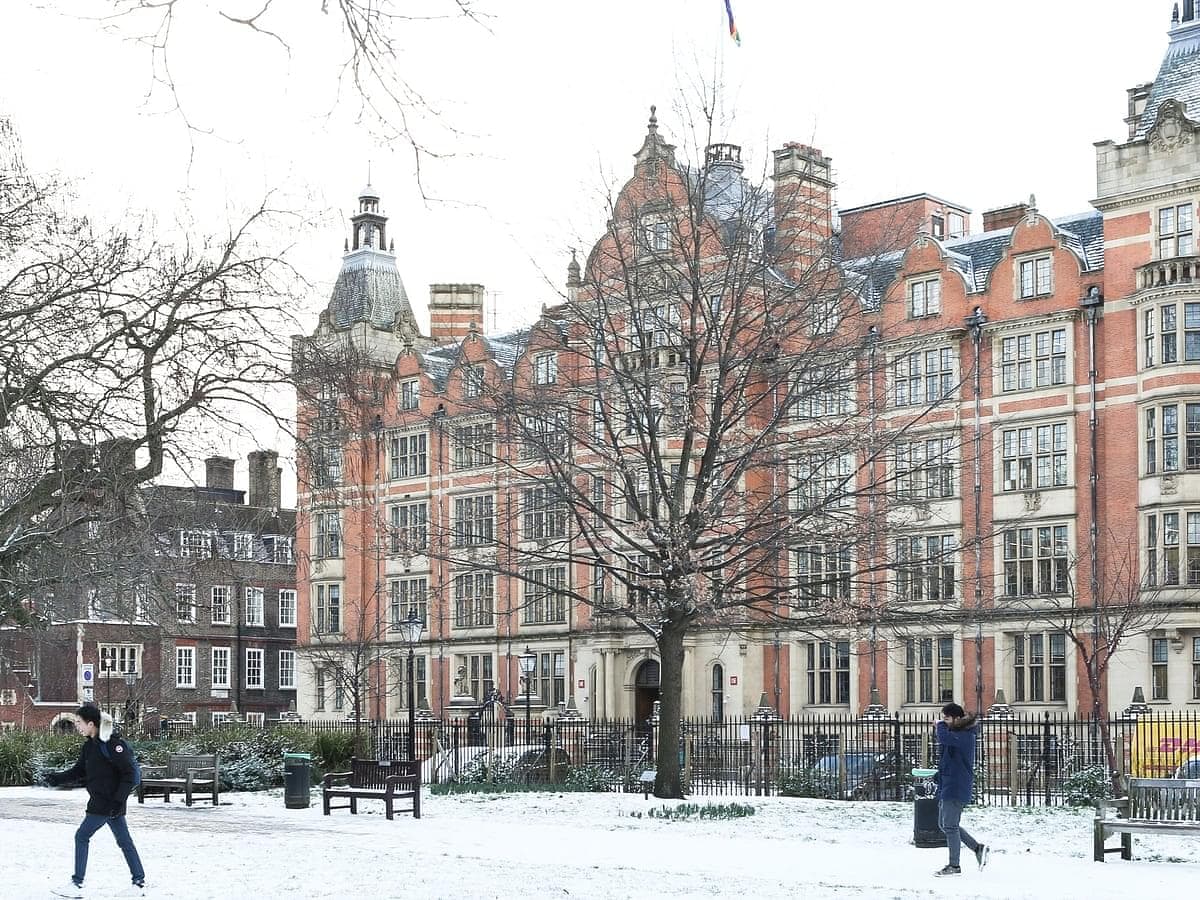For the first, second and fourth years, the degree involves studying courses to the value of 12 units, including a dissertation, plus LSE100. Half of your courses will be in International Relations, and half in Mandarin within the Language Centre.
You will spend a summer and the third year of your degree studying abroad at Fudan University .
In your fourth year, you will return to LSE and complete a dissertation and take other courses.
First year
(* denotes a half unit course)
International Relations: Theories, Concepts and Debates
From Empire to Independence: The Extra-European World in the Twentieth Century
Or International Politics since 1914: Peace and War
Mandarin Language and Society, Beginner
Beginners to intermediate study of the Mandarin language within the framework of social sciences and culture.
Or Mandarin Language and Society, Intermediate
Intermediate study of the Mandarin language within the framework of social sciences and culture.
Intercultural Communication and Management
Looks at the main theories and concepts involved in inter-cultural communication to explain and analyse how they apply in real life, in business and in political communications.
Thinking Globally: Studying International Relations (un-assessed)
Helps students to acquire and develop the key skills needed to study international relations.
LSE100*
A half unit, running across Michaelmas and Lent Term in the first year, LSE100 is compulsory for all LSE undergraduate students, and is designed to build your capacity to tackle multidimensional problems through research-rich education.
Second year
Two from:
International Political Theory
Combines classical theory with modern ways of explaining and understanding international relations.
Foreign Policy Analysis 1
Analyses various theoretical perspectives on foreign policy, and the means of conduct of the main actors in the international system towards each other.
International Organisations
Examines major theoretical and empirical aspects of the role of international organisations in international politics.
International Security
Gives students a thorough introduction to the literature on international security, both theoretical and policy-oriented.
International Political Economy
Examines the role of power and politics in international economic relations.
Mandarin Language and Society, Advanced
Advanced study of the Mandarin language within the framework of social sciences and culture.
Mandarin for International Relations
Third year
Study abroad year at Fudan University, China. See the study abroad section for more details
Fourth year
In your fourth year, you will choose to either complete a dissertation, or to take courses to the value of one unit from a range of options both in International Relations, politics, and related courses in other departments. You will also take a further International Relations option and take two language focussing on International Relations and the workplace.
Academic Chinese for International Relations
Mandarin in the Global Workplace
One further course from the options from second year
Either
Di ssertation
An independent research project of 10,000 words.
Or
Courses to the value of one unit from a selected list.
